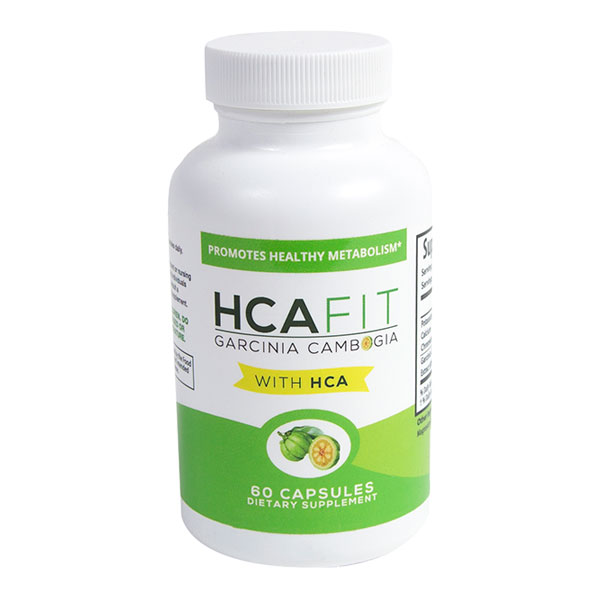The Global Obesity Epidemic
In 2022, approximately 1 in 8 people worldwide lived with obesity, and nearly half of all adults were overweight1. By 2025, that number is projected to swell to 3 billion people, or about 50% of the global population2. Obesity contributes significantly to chronic diseases such as type 2 diabetes, heart disease, and certain cancers, and is now linked to roughly 1 in 8 non-communicable disease–related deaths globally3.
Modern Drivers: Diet, Lifestyle & Muscle Loss
In wealthier countries, the rise in ultra-processed foods has become a key factor in the obesity epidemic. In fact, diet appears to play a more crucial role than exercise alone—emphasizing the importance of nutrient quality over calorie burning4.
At the same time, age-related muscle loss is lowering people’s metabolic rates, making it harder to maintain or lose weight. Experts now emphasize resistance training and muscle preservation as central strategies to counteract age-related metabolic slowdowns5.
GLP-1 Weight Loss Drugs: The Double-Edged Sword
Medications like Ozempic, Wegovy, Mounjaro, and Zepbound—originally intended for type 2 diabetes—are now widely prescribed off-label for weight loss. More than 1 in 10 Americans have reportedly tried one6.
These drugs reduce appetite and regulate insulin, but some users report emotional flattening—describing a loss of joy, cravings, and even connection6. Other concerns include nausea, vomiting, joint pain, depression, and rare but serious conditions like gallbladder disease7. In the UK, health authorities have warned the demand is “unsustainable” and dangerous for those using them without medical oversight8.
Cultural Pressures & the Weight Loss Trap
Our culture’s obsession with being thin creates unrealistic expectations, especially for women, BIPOC, and LGBTQ+ communities. Critics argue that “diet culture” encourages restrictive eating and body shame while offering little long-term support for health9.
A Shift in Thinking: Lifestyle First, Weight Second
The Health at Every Size (HAES) movement challenges the idea that thin equals healthy. Instead, it promotes evidence-based behaviors like eating mindfully, moving your body regularly, and managing stress—regardless of size10.
While moderate weight loss can benefit many people, research shows that lasting lifestyle changes—not quick fixes—offer the most consistent improvements in physical and emotional health11.

What Is HCA Fit?
HCA Fit is a natural supplement made from Garcinia cambogia, a tropical fruit whose rind contains hydroxycitric acid (HCA). HCA is believed to help with weight loss by inhibiting fat production and suppressing appetite through increased serotonin levels12.
That said, evidence from human clinical trials is mixed. Most research indicates that while Garcinia cambogia may provide minimal short-term fat loss, the effects are typically not significant or sustained13. In rare cases, supplements containing HCA have been linked to liver toxicity, particularly when taken in high doses or with other ingredients14.
Should You Try HCA Fit?
If you’re looking for a natural edge in your weight-loss journey, HCA Fit may be worth exploring—but not as a standalone solution. Always consult with a healthcare provider, especially if you’re taking medications or managing a chronic condition.
While supplements like HCA Fit can provide mild support, the foundation of any successful weight-loss plan should be sustainable nutrition, exercise, and behavioral changes.
Conclusion
In today’s fast-paced, image-conscious world, weight loss has become more complicated than ever. From pharmaceutical shortcuts to misleading social pressures, it’s easy to get overwhelmed. But long-term health isn’t found in fad diets or quick fixes.
Instead, it comes from consistency, self-compassion, and the commitment to making small changes that add up over time. Whether you explore HCA Fit or not, remember: your wellness journey is yours to define.
References
[1]: [World Obesity Atlas 2025 – World Obesity Federation](https://data.worldobesity.org/publications/world-obesity-atlas-2025-v6.pdf)
[2]: [WOF: Missing the 2025 Global Targets Report](https://data.worldobesity.org/publications/WOF-Missing-the-2025-Global-Targets-Report-FINAL-WEB.pdf)
[3]: [WHO Global Health Estimates – NCD Burden](https://www.who.int/data/gho/data/themes/topics/topic-details/GHO/ncd-mortality)
[4]: [People.com – Diet, Not Exercise, Is Key to Obesity Prevention](https://people.com/exercise-isnt-enough-good-diet-crucial-to-fighting-obesity-study-11779453)
[5]: [Economic Times – Muscle Mass and Fat-Burning](https://economictimes.indiatimes.com/magazines/panache/blaming-slow-metabolism-for-weight-gain-top-doctor-reveals-muscle-mass-secret-to-reignite-your-bodys-fat-burning-engine/articleshow/122856326.cms)
[6]: [Vox – Ozempic and the Future of Weight-Loss Drugs](https://www.vox.com/the-highlight/420418/ozempic-glp-1-drugs-pill-forms-science)
[7]: [The Scottish Sun – Side Effects of “Fat Jabs”](https://www.thescottishsun.co.uk/health/15140613/side-effects-fat-jabs-vomiting-nausea/)
[8]: [The Guardian – Weight-Loss Drug Demand Unsustainable](https://www.theguardian.com/society/2025/jul/28/demand-for-weight-loss-drugs-is-becoming-unsustainable-say-pharmacists)
[9]: [Wikipedia – Diet Culture](https://en.wikipedia.org/wiki/Diet_culture)
[10]: [Wikipedia – Health at Every Size](https://en.wikipedia.org/wiki/Health_at_Every_Size)
[11]: [Hawaii Pacific Health – Evidence-Based Supplement Reviews](https://www.hawaiipacifichealth.org/healthier-hawaii/eat-healthy/evidence-based-review-of-popular-supplements-functional-foods-used-in-weight-loss/)
[12]: [WebMD – Garcinia Cambogia Overview](https://www.webmd.com/vitamins/ai/ingredientmono-818/garcinia)
[13]: [Healthline – Garcinia Cambogia: Does It Work?](https://www.healthline.com/nutrition/garcinia-cambogia-does-it-work)
[14]: [PMC – Hydroxycitric Acid Safety and Efficacy Review](https://www.ncbi.nlm.nih.gov/pmc/articles/PMC3748738/)




